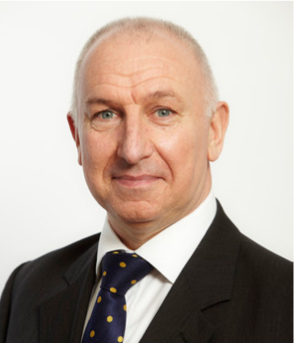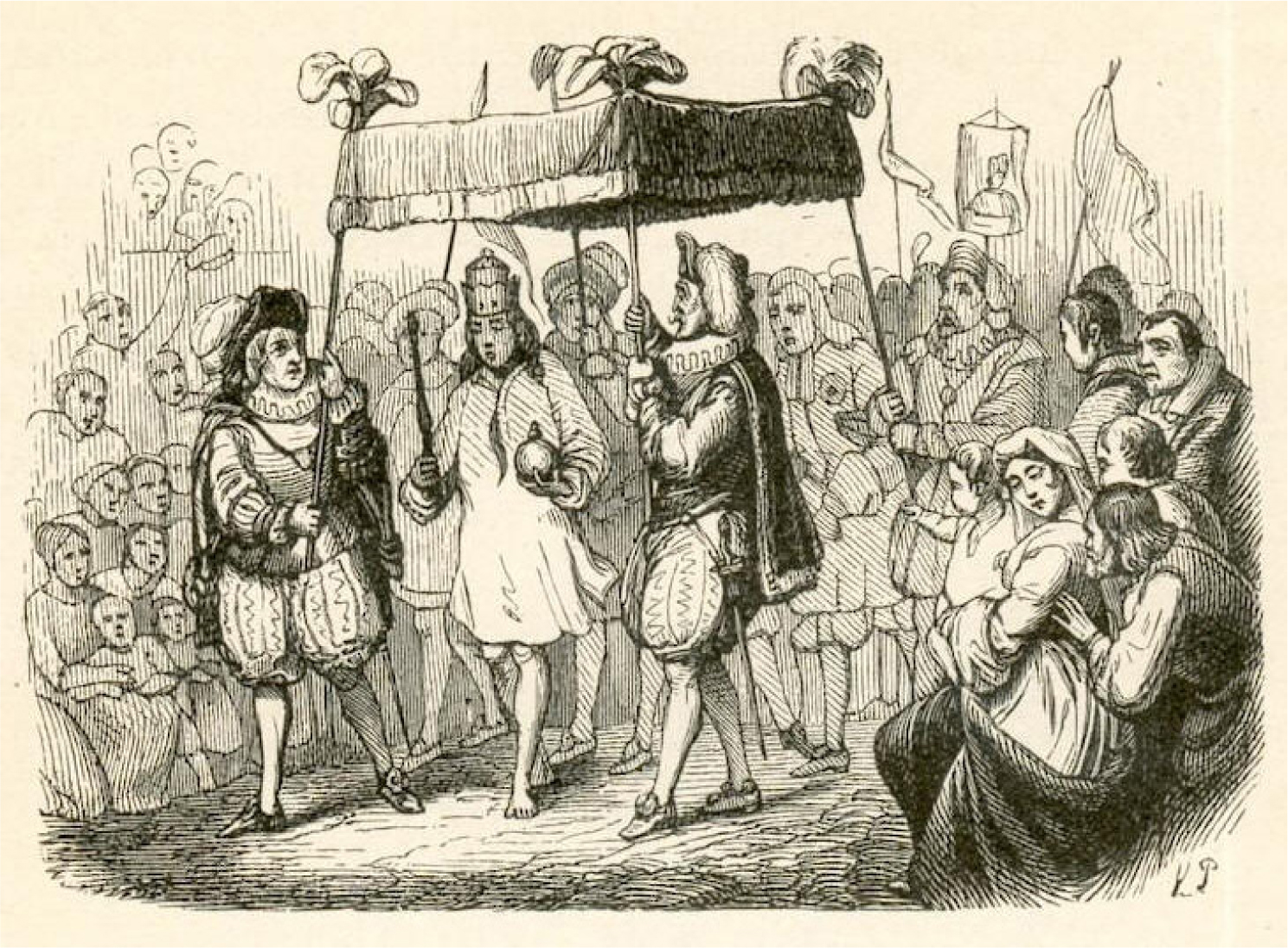
The contribution that allied health professionals (AHPs) make to the health and wellbeing of the nation should not be underestimated. A report undertaken on behalf of Public Health England (2015) provides clear examples of where there is evidence of AHP impact on public health, including the impact that paramedics make.
In England, the Chief Allied Health Professions Officer (CAHPO) has been encouraging AHPs (individuals, teams, service users) to engage in sharing their views and having their say with regards to an emerging mandate for change. The role of the CAHPO is to take the lead in developing the contribution that the 12 AHPs make in further improving services provided by AHPs in order to achieve better outcomes for patients after an illness or injury.
The NHS mandate
Every year in accordance with section 13A(1) of the National Health Service Act 2006 (c.41), as amended by the Health and Social Care Act 2012 (c.7), the Secretary of State must publish a mandate ensuring that NHS England's objectives remain up to date. The Government's mandate to NHS England 2016–2017 (Department of Health (DH), 2016) is an ambitious mandate to ensure that NHS England sustains a comprehensive service, free at the point of use, which constantly improves patient care.
The mandate intends to take big strides in the Government's drive to make the NHS the safest, most compassionate and most efficient health system in the world. The ultimate aim of the mandate is to make serious reform, and in so doing NHS England will set direction enabling the NHS to plan more effectively and deliver the Government's long-term aims, ensuring the NHS is accountable to the public and parliament.
Despite the importance of the mandate (DH, 2016), it does not once mention paramedics, nurses, doctors or other clinicians and the word staff is mentioned only five times.
The mandate for change
The CAHPO's emerging mandate for change describes three key areas that it is addressing:
The CAHPO has used a data gathering technique known as crowdsourcing, employing a two-phase approach. In the first phase (launched in April 2016), a consensus output was formulated, the second phase went live in July 2016, seeking wider views and will provide validation and improvement regarding first stage findings related to the emerging mandate. Crowdsourcing provides participants with a virtual room (the website), in which any number of participants can join in and take part in an interactive conversation. It is an online workshop (participants have to register and log in) where AHPs and wider stakeholders, these include patients/service users, carers and the public, can provide comment and feedback regarding the AHP emerging mandate for change, in effect co-creating and co-owning the mandate for change (NHS England, 2016). Those who wished to have their say and have their voice heard were encouraged to log in and contribute.
The way forward
The gathering of information, views and comments has now closed. The CAHPO suggests that with collective action the nation will be different when all AHPs are used effectively in the health, social and wider care system. It is not known, however, what she means by different, but the assumption is that the health and wellbeing of the nation will be different and care provision will be transformed. This she suggests can occur when the collective skills, knowledge and practice of AHPs are used in a more robust and appropriate way.
The way forward will bring with it changes in practice. There may be role transformation and blurring of role boundaries, indeed there will have to be if the CAHPO's vision and the mandate for change are to become a reality. This may in itself present challenges to the AHPs and in particular paramedics given the unrest that is being felt in some areas of paramedic practice.
The recent Journal of Paramedic Practice poll (Quaile, 2016) reveals that around two thirds of staff polled said that they will consider leaving the ambulance service if there is no change made to their pay banding. The online poll was completed by 1 084 paramedics with 67% considering leaving the ambulance service if the Government continues to fall back on its 2015 promise of reviewing the banding system that recognises the skill set of paramedics. 87% of paramedics also felt the Government has deceived ambulance service staff over promises for pay.
Paramedics in the survey are calling for a band 6 agenda for change pay scale as this is more appropriate for the increased skills and competencies, level of responsibility and autonomy practised within the paramedic role, including triage, referrals as well as decisions around non conveyance, current pay does not reflect a contemporary paramedic's responsibilities.

The paramedic mandate
Paramedics are well able to work as part of a multidisciplinary team, they adapt very easily to change. But, what will the evolving mandate for change role involve, what skills do paramedics already possess, what other skills should they need to develop and what, in the form of recompense, will they receive? The paramedic mandate is a simple one:
Reneging on the promise of reviewing the banding system that recognises the skill set of paramedics in an appropriate way will mean the CAHPO's mandate for change will be nothing more than the ‘emperor's new clothes’ and nothing will come of it. These are times of austerity and unrest in the National Health Service and beyond—the 1 July 2016 spending caps and controls (impacting on agency spending) have been introduced potentially compromising further care standards and staff health and wellbeing.
Paramedics in ambulance Trusts up and down the country are working relentlessly to meet the increasing demands for their services. Frontline paramedics are struggling to deliver the nation's healthcare service and often the result of performing in unacceptable working conditions is burn out with risk to self and others and the vicious circle will continue. Until issues such as these are addressed then the virtuous circle and even more, the mandate for change are a long way off.
Conclusions
A mandate for change should be welcomed. Paramedics, as part of the 12 AHP group identified by the CAHPO can and will continue to ensure that their input to the health and wellbeing of people has a positive impact. This can, however, only be achieved if the paramedics (and the other 11 AHPs) are fully equipped to be able to do their job, this includes a Government keeping its promise of addressing their current pay and working conditions.
Engaging paramedics, AHPs and other interested parties is applauded but, engaging with these participants and failing to take into account current feeling within the NHS will amount to nothing more than empty rhetoric and could also be considered unethical.

